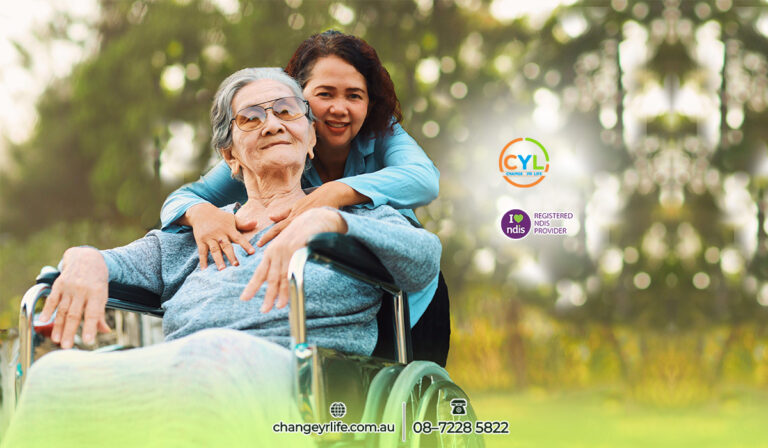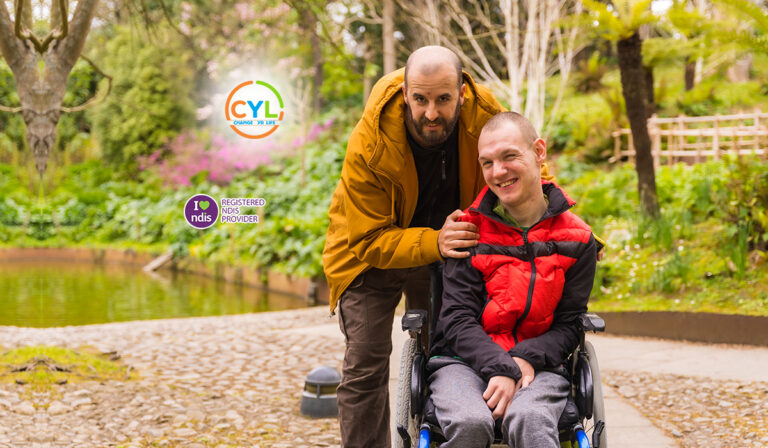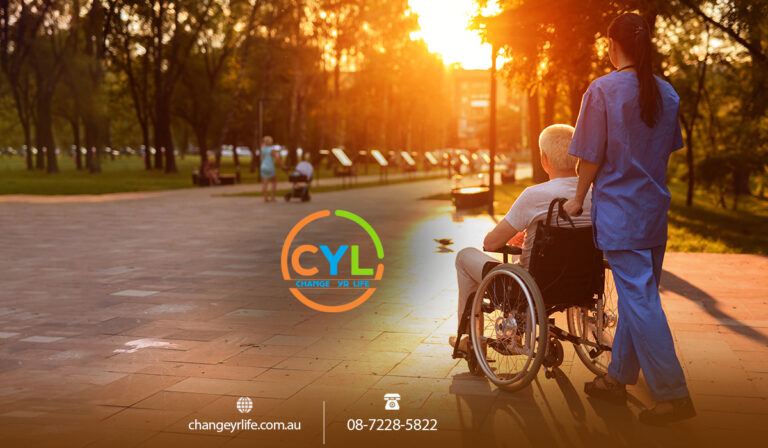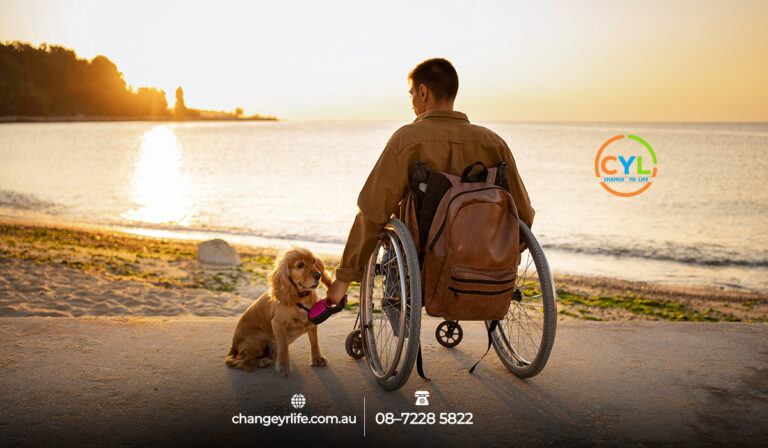NDIS Support Coordination: Expert Support For People With Special Needs
Caring for people with disabilities requires specific knowledge and constant attention. It’s essential to assess their personal and medical history to provide appropriate care based on their type of disability and age. For them, moderate physical activity and good personal hygiene are essential. It’s also important to maintain emotional well-being by providing companionship and engaging in shared activities.
In this regard, NDIS Support Coordination in Pt Adelaide is becoming an essential solution to ensure the quality of life for older people. This service not only allows them to maintain a certain degree of autonomy, but also to meet their daily needs. For families, home support also offers valuable, often essential, support.
This blog examines the significance of this type of support and its numerous benefits for older individuals and their caregivers.
What Is the NDIS Support Coordination Service?
The NDIS Support Coordination is a service that provides assistance to a dependent person to carry out essential acts of daily life:
- Mobility assistance: helping people move around their homes or outside.
- Help with domestic tasks: meal preparation, cleaning, and shopping.
- Home health care: medication administration, nursing care, medical monitoring.
- Psychological support: helps overcome social isolation and psychological difficulties associated with aging etc.
With the increasing aging of the population, the role of caregivers has become essential. Especially since the majority of people losing their independence wish to continue living at home. The missions of support services are therefore very real, essential, and demanding. They are the ones who allow the elderly to continue living at home according to their choice.
What are the services an NDIS Support Coordinator provides?
Caring for and supporting people with disabilities requires a specialized and attentive approach to meeting their special needs. Below we are sharing you some of the task that NDIS Support Coordinators do.
1) Specific Care According to the Type of Disability and Age
People with disabilities have a variety of conditions and needs depending on their type of disability and age. It’s important to consider these differences in order to provide appropriate care.
Some disabilities may require adaptations to the physical environment, the use of assistive devices, and specific therapies.
In addition, age can also influence care needs, as care for a child with a disability may differ from that for an older adult.
2) Maintains Personal Hygiene
Personal hygiene not only has health benefits but also contributes to the emotional and social well-being of people with disabilities. Maintaining good hygiene can help prevent infections, irritations, and unpleasant odors, thus promoting a person’s comfort and self-esteem.
3) Establishing Fixed Schedules and Daily Routines
Professionals always fix a daily routine to give adequate care and attention for people with disabilities. This provides structure and a sense of order, which can help people with disabilities feel more secure and comfortable. Furthermore, establishing regular schedules for activities such as meals, bathing, and rest helps promote good health and overall well-being.
4) Physical and Emotional Support
Physical support involves being present and available to the person with a disability at all times. It is essential to provide them with safety, care, and assistance with basic daily activities, such as mobility, personal hygiene, and eating.
In addition to physical support, it’s equally important to offer adequate emotional support. This involves actively listening to the person, validating their feelings and emotions, and providing them with a safe space where they can express themselves without fear of judgment. Empathy and understanding are key to establishing a bond of trust and strengthening their emotional well-being.
5) Preference for Care by Close Relatives
People with disabilities often prefer to be cared for by close family members due to the emotional bond and trust established.
This type of care provides the comfort of familiarity and allows for a greater degree of intimacy and understanding of individual needs. Close family members can adapt more quickly and flexibly to the changing situations and demands of the person with a disability.
The Role of NDIS Support Coordinator
In order to help NDIS participants to meet their goals, actively participate in their communities, build healthy relationships, and put the supports specified in their plans into action, an NDIS support coordinator is essential. Along with these tasks, the NDIS support coordinator also helps them maximize the efficacy of their NDIS plans and goals. In addition,
- They provide assistance in negotiations with service providers.
- They help manage service agreements and scheduling.
- They support individuals in enhancing their ability to make choices and maintain control.
- They offer guidance in accessing the local community.
- They contribute to the optimization of the individual’s NDIS plan.
People who are from Pt Adelaide metro area can opt for our NDIS Support Coordinator service.
How NDIS Support Coordinator have an impact on the family?
For families, the NDIS Support Coordinator provides significant relief. Caring for an elderly parent and disabled person can be a considerable burden, both emotionally and physically. NDIS Support Coordinator allows for the delegation of certain tasks while ensuring that the parent or loved one receives professional support. It also allows family caregivers to rest and better manage their own daily lives without compromising the quality of care provided to their loved one.
What to consider when choosing an NDIS support coordinator?
Relatives often lack the time to provide quality care for an elderly person. Furthermore, this can be a real psychological challenge, and if nerves are already frayed, a NDIS support coordinator is the best option to avoid causing pain to yourself and the elderly person. When making this decision, another crucial question arises: how to choose a caregiver for an elderly person. There are several key points to consider:
i) Experience
It’s crucial for an NDIS support coordinator to have a fairly extensive track record. This will demonstrate their preparedness for any situation, their ability to handle various problems, and their ability to help the elderly. They should have a medical degree.
ii) Patience
Elderly people are like children. They require a lot of patience. Therefore, this is a very important point for a caregiver.
iii) Qualifications
There are many illnesses that leave elderly people incapacitated and in dire need of assistance. Therefore, a caregiver must be educated and have an understanding of the specific needs of the caregiver. When choosing a caregiver, ask about their previous experience working with patients: heart patients, cancer patients, etc. Find out who they cared for and how they cared for them, and whether they can help with other types of patients.
iv) References
You can request letters of recommendation from the caregiver’s previous employers- these can help you determine how she treats her patients. It never hurts to double-check her professionalism. A caregiver for an elderly person is an extremely important step, and a lot depends on its correctness.
Conclusion
This way, you can get any type of help from an NDIS coordinator. Therefore, if you are looking for the best NDIS Disability home care services in Pt Adelaide, get in touch with Change Yr Life. They are professional support workers trained to care for vulnerable and dependent disabled people. They work as a team and receive regular training from a coordinating nurse. Their expertise allows them to provide personalized, respectful assistance tailored to the specific needs of each disabled person.
In short, caring for a disabled person requires dedication, patience, and empathy. Our NDIS Disability home care service are available to provide support 24/7. In addition, various aids are available to make daily life easier for people with disabilities.
For more details, get in touch with us!








